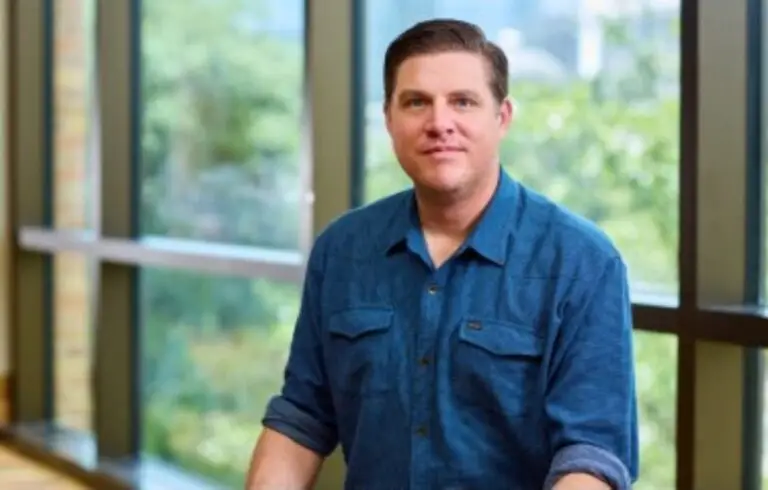 Second in a two-part series.
Second in a two-part series.
Be really careful about abandoning the strategy that got your company to the success it enjoyed pre-Covid-19, especially when it comes to the customers that gravitated to you, the suppliers that scaled along with you and the human capital that got you there.
That’s advice to CEOs from Harry Broadman, managing director of Berkeley Research Group and a globally recognized strategic advisor to CEOs, boards and the White House. He told Chief Executive that business leaders not only should redouble confidence in their long-term strategy and their company’s recent performance but also remember that “crisis … begets opportunities.”
“It’s an important insight: Businesses shouldn’t overly panic about this,” Broadman stressed. “Clearly the decisions you made were made with careful thought, and when you have a disruption like this – which is going to turn around at some point – you may well have to delay an investment for it, or you might change some of its parameters, but it doesn’t mean you should just shelve them if these decisions were made on sound footing to begin with.”
For example, this approach has huge implications for treatment of human capital. “I’ve been telling a major international client of mine to maximize the upside of this by not letting go of workers willy-nilly,” Broadman said. “That’s part of realizing that there’s a strong burden of proof on canceling already-planned investments – decisions that were made within sound parameters before all of this happened.
Such thinking must extend to suppliers and customers as well. “They have to be cared for and nurtured because these are heavily invested relationships that you can’t just start anew,” Broadman said. “Particularly with suppliers and distributors, where there are – apart from spot transactions – long- and medium-term contractual relationships that you don’t want to have to start from zero again. You’ve gotten to know one another and how to work together.”
Broadman acknowledged that “cash is king” right now and that CEOs must process all of this advice through the important filter of simply keeping their enterprise alive these days. He also conceded that his main point is harder to swallow if the slowdown is “U-shaped” or even “L-shaped” rather than the much-hoped-for “V-shaped” recession.
“There are tradeoffs,” he said. “But these are long-term investments [in relationships with employees, customers and suppliers], and the startup costs in rebuilding them again must be thought of in present-value terms. Cash might be hard to come by, but interest rates are incredibly low.
“So if I were a CEO thinking about this, you need to remember that cash isn’t expensive, and loans aren’t expensive. So it may be unwise to be too rash in your judgements. You need to think very carefully about what decisions you took in the past, and what criteria applied then, and how relevant those decisions are now to how things recover – regardless of what shape the recovery takes.”







